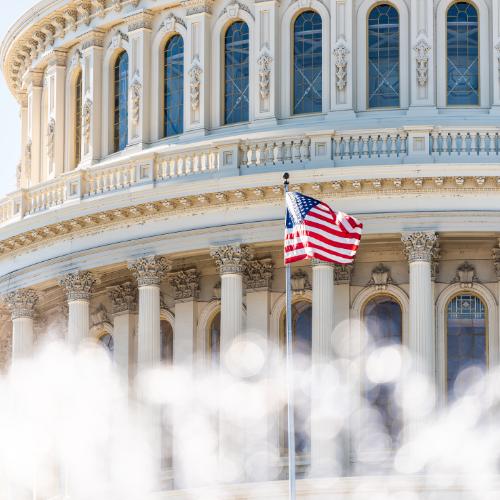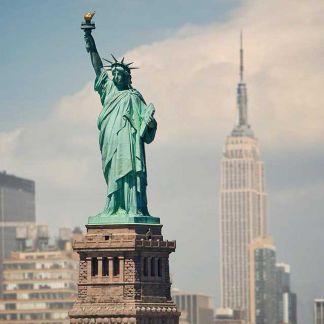When it comes to stepping into a dispensary, understanding the age requirements is crucial. You might be surprised to learn that the age limits vary depending on whether you’re visiting a medical or recreational dispensary in the U.S. These age restrictions are not only rooted in legal guidelines but also in societal views on cannabis use. In this article, we’ll break down the age requirements, including those at a Washington weed dispensary, and the reasons behind them.
Age Requirements in the United States
In the United States, state laws dictate the minimum age needed to visit dispensaries for purchasing cannabis products. For most states where recreational marijuana is legalized, the minimum age is 21, which aligns with the legal drinking age. However, there are exceptions. In states like Alaska, Colorado, and Oregon, individuals as young as 18 can buy cannabis. In other states, such as California, Nevada, and Washington, the minimum age is set at 21. It’s important for consumers to understand these age restrictions to avoid legal issues and ensure they are following state laws. Being aware of the age requirements in each state ensures a safe and legal experience when visiting dispensaries.
Minimum Age for Medical Dispensaries
Accessing medical dispensaries comes with its own set of age requirements, which vary across states. Here are key points to consider:
- Legal Frameworks: States determine their minimum age based on local laws, often considering the age for medical consent.
- Health Considerations: The purpose of setting a minimum age is to protect the health of individuals, especially younger adults, ensuring responsible cannabis use.
- Access to Treatment: A legal age ensures that only those who can benefit from cannabis-based treatments are allowed access, ensuring that it is done safely and legally, under the supervision of healthcare providers.
Legal Age for Recreational Dispensaries
States that have legalized recreational marijuana have defined legal age requirements to purchase cannabis products. In most of these states, the legal age is set at 21 years. This age limit reflects research suggesting that the human brain continues to develop into the mid-20s, particularly in areas associated with decision-making and impulse control. States like California, Colorado, Washington, and Oregon have adopted the 21-year-old limit to promote responsible use while minimizing potential harm to younger individuals. By establishing a minimum age of 21, states aim to protect younger populations while offering adults access to cannabis in a regulated environment.
International Age Restrictions
Age restrictions for cannabis access differ internationally, reflecting varied cultural, legal, and public health frameworks.
- In Canada, the legal age for purchasing and consuming cannabis is typically 19, with the exception of Alberta and Quebec, where it is 18. This balance seeks to protect youth while respecting personal freedom.
- Uruguay, the first country to fully legalize cannabis, sets the legal age at 18, aiming to reduce illegal drug markets and safeguard public health.
- In the Netherlands, cannabis is decriminalized, but individuals must be 18 to access coffeeshops, showing a nuanced approach to cannabis regulation.
These international variations highlight the complexity of setting age restrictions, influenced by each country’s legal and cultural context.
ID Verification Process
The effectiveness of ID verification processes in dispensaries is key to enforcing age restrictions and maintaining compliance. Typically, dispensaries check government-issued IDs like driver’s licenses or passports to confirm the customer’s age. Some dispensaries even use advanced ID scanning technology to enhance accuracy. Additionally, staff are trained to recognize fake IDs to ensure compliance. A robust verification system helps dispensaries enforce legal age limits and maintain regulatory standards in the cannabis industry.
Related Topics:






